The Ontario Graduate Scholarships (OGS) promote excellence in graduate studies at the master's and doctoral levels.
2020-21 Recipients
Congratulations to our 2020-21 OGS Recipients:
MEd
Kristina Silver
Information coming soon
PhD
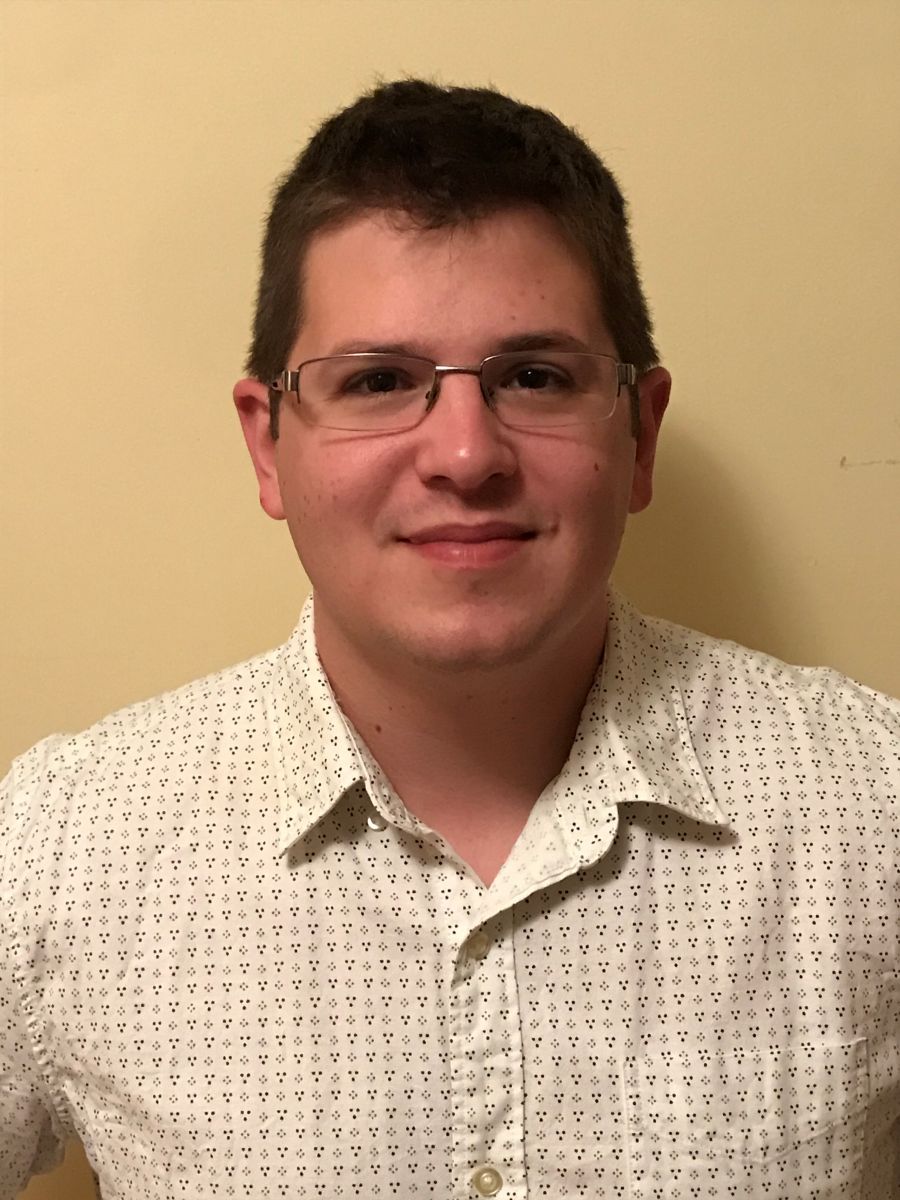 Andrew Coombs
Andrew Coombs
My research examines how early career experiences shift teachers’ approaches to and practice of classroom assessment. Through a range of research methods and educational contexts, my research has contributed to ongoing efforts to reconceptualize assessment education and professional development to better support teachers’ assessment practice.
 Jacob DesRochers
Jacob DesRochers
My research examines how secular-religious binaries are enacted in curricula used across Canada. The research draws on my prior narrative exploration of Evangelical Christians’ conceptions of sexuality and builds on my commitment to justice for gender and sexual minority people in K-12 schools. My doctoral research extends beyond the singular examination of Evangelical conceptualizations of sexuality, to cross-cultural perspectives on sexuality education, in order to explore the forms of education and dissemination desired by Canadians across secular-religious binaries.
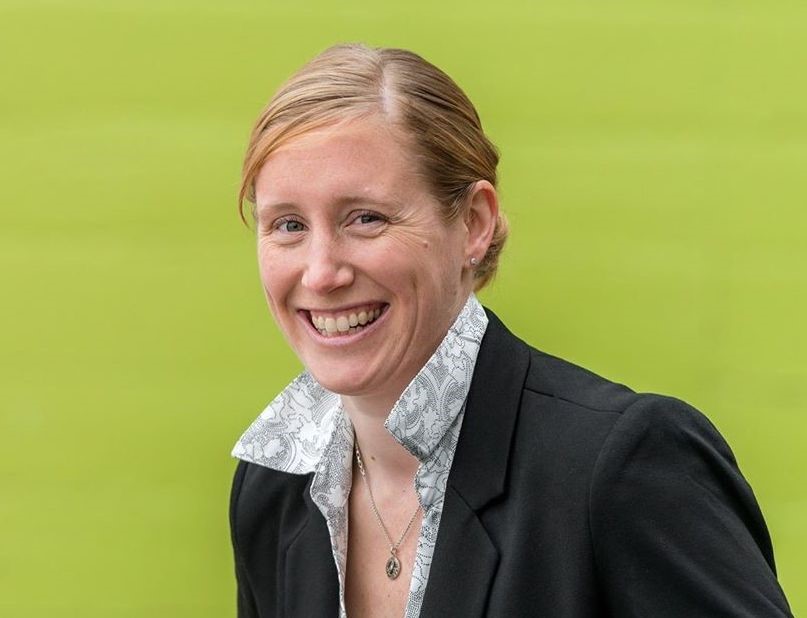 Rebecca Evans
Rebecca Evans
Resilience is critical as a means of enabling youth to live well despite the presence of adversity. While researchers recognize that resilience is vital for promoting positive outcomes for at-risk youth, there is currently little understanding of how to proactively cultivate it in the broader youth population. My research explores what experiences in youth leadership programs enhance resilience. I’m interested in questions such as, what role do challenging activities, such as surviving in the woods or orienteering, play in enhancing resilience? What are participants’ perceptions of participating in these activities? How can the systems around these activities (e.g. the individual, parents, and program leaders) interact to promote resilience? My research will help youth program developers better understand what ingredients are needed to promote resilience as a means of promoting long-term wellness.
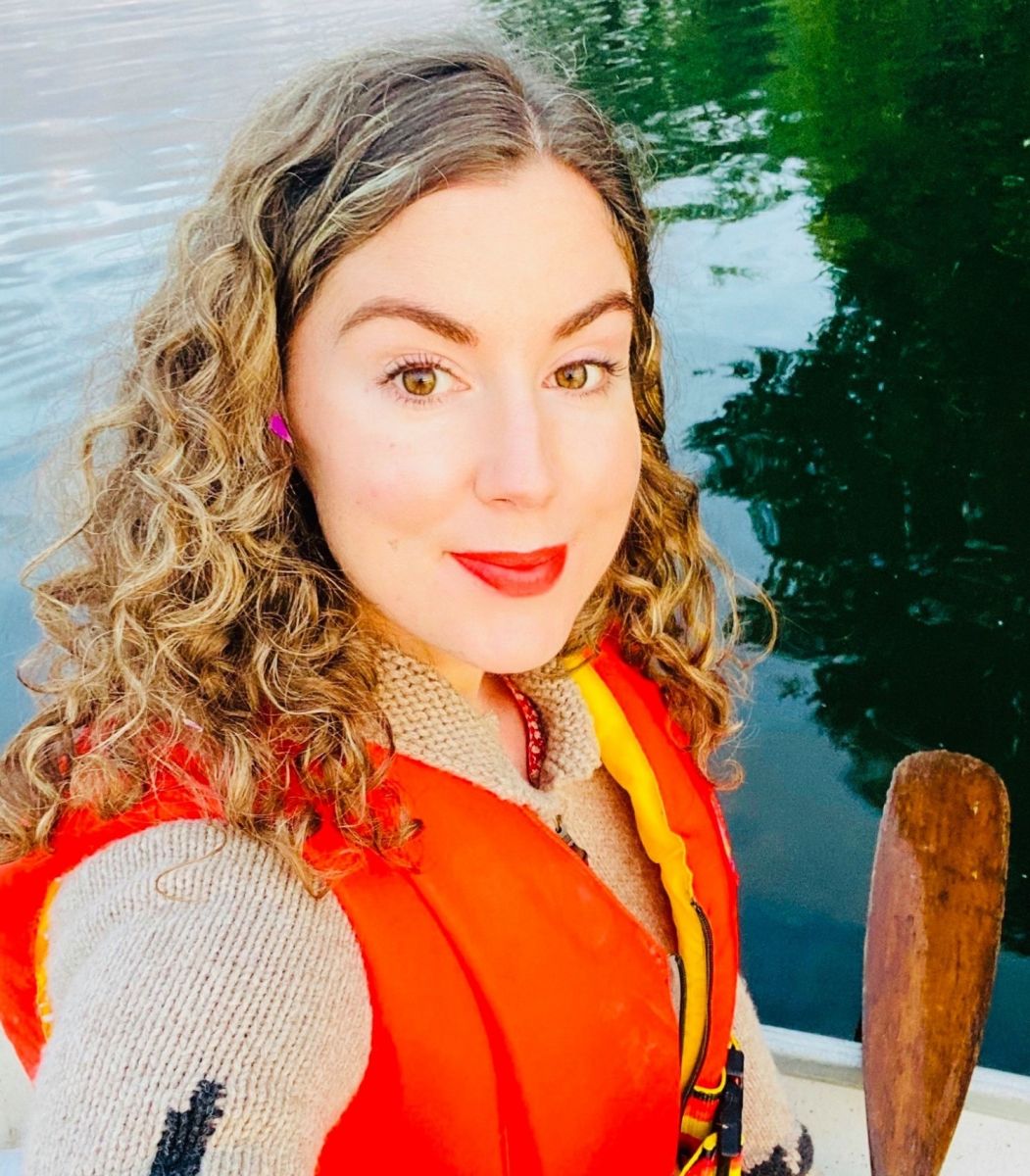 Alice Johnston
Alice Johnston
My research focuses on how science education can be decolonized by centering Indigenous ways of knowing and being and by reconnecting Indigenous and non-Indigenous learners to the land. Specifically, my research examines a Natural Sciences and Engineering Research Council of Canada (NSERC) funded PromoScience project, intended to create culturally responsive unit plans aligning with the grade 9 and 10 Ontario science curriculum outcomes. My research asks: what guiding principles inform the process of decolonizing science instruction and what impact does creating decolonized science units have on the diverse stakeholders who are engaged in the process.
 Kristin Kinnard
Kristin Kinnard
My research investigates agricultural literacy in a school setting. Through a grounded theory approach and the use of document analysis, I examine the history of agriculture programs in Ontario and analyze published literature on agricultural literacy. The main objective of my study is to identify themes, theories, and gain insight that can inform and improve agricultural literacy programs at the secondary school level.
 Barbara Laing
Barbara Laing
My research, supervised by Dr. Rena Upitis, explores how adults learn through self-identified spiritual encounters. Currently in the 4th year of my PhD, I recently launched a Canada-wide questionnaire asking adults "Have you ever had a spiritual encounter that taught you something?." Now in Phase 2, I have collected stories from across the country, and will be following up with in depth interviews. My research findings will culminate in a book manuscript which I hope will be useful in education, spiritual, and health and wellness settings. As a writer and an instructor in our Bachelor of Education program, this work continues to deepen my understanding of the meaningful and valuable ways people learn through their spiritual lives. Thinking about these ideas continues to enhance my own relationship to others, the natural world, and the divine.
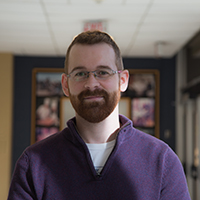 Stephen MacGregor
Stephen MacGregor
My research focuses on how multi-stakeholder networks can mobilize research evidence to achieve impacts beyond academia. A key motivator for this work is that universities are struggling to increase their capacity in knowledge mobilization, which refers to a range of activities for connecting research producers, users, and mediators. By further studying how universities can build their capacity in knowledge mobilization, Canadian universities will be well-positioned to ensure publicly funded research positively impacts local and global communities. A common theme in my work is the methodological tools of network analysis for mapping flows information and resources among diverse research stakeholders.
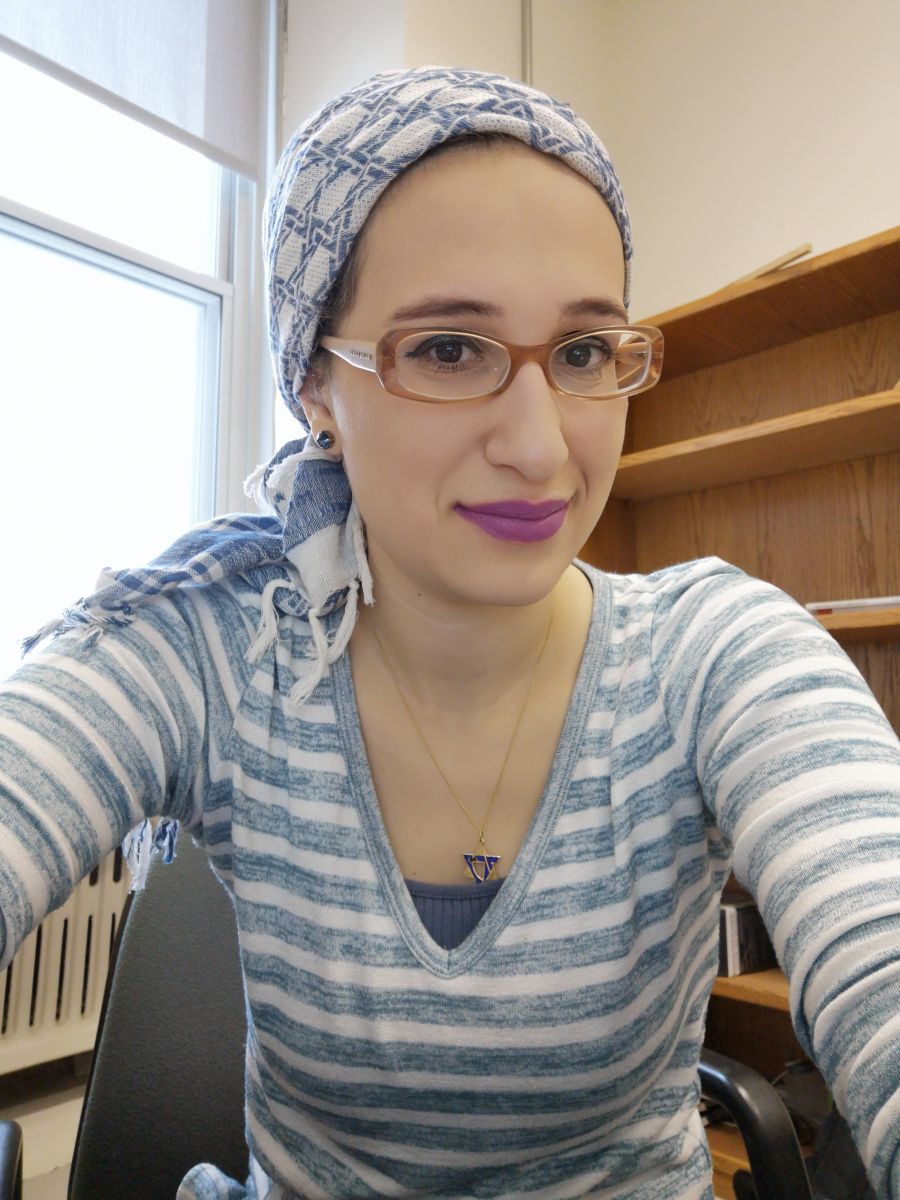 Adira Winegust
Adira Winegust
My research focuses on the "Mild Intellectual Disability" (MID) exceptionally label used by the Ontario Ministry of Education within their special education framework. This research is based on my personal experience working directly and indirectly with multiple public-school boards in southern and eastern Ontario, as a psychoeducational consultant. At this time, MID is poorly understood and defined. I hope with my research to untangle what MID means to different stakeholders, such as administration, special education teachers, school psychologists, and most importantly, the students identified with MID themselves, using a social model of disability.